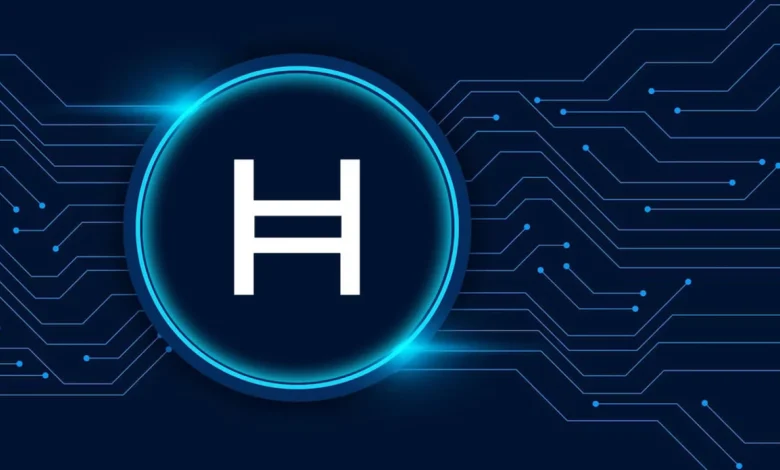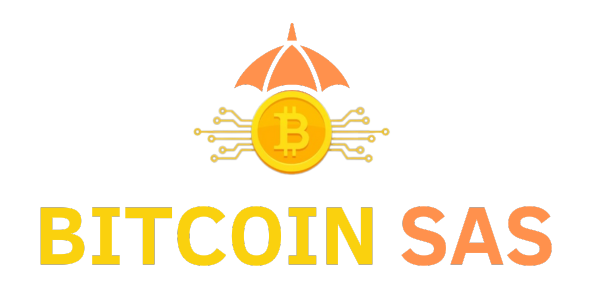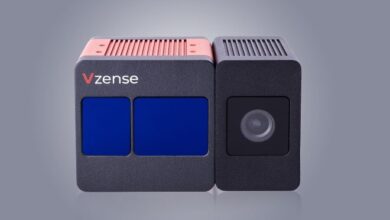Business
The Future of Smart Contracts: How HBAR is Changing the Game

Introduction
Smart contracts have revolutionized the way transactions are conducted on blockchain networks, offering automated and self-executing agreements without the need for intermediaries. In this article, we explore how HBAR (Hedera Hashgraph) is transforming the landscape of smart contracts, providing a secure and efficient platform for executing decentralized agreements.Hedera Hashgraph’s Technology Overview
Hedera Hashgraph’s technology serves as the foundation for smart contract execution on the network. With its innovative directed acyclic graph (DAG) structure and asynchronous Byzantine Fault Tolerance (aBFT) consensus algorithm, Hedera ensures high throughput, fast finality, and security for smart contract operations. The DAG structure allows for parallel transaction processing, enabling scalability and efficiency, while the aBFT consensus algorithm ensures consensus among nodes, guaranteeing the integrity and security of smart contract executions.The Role of HBAR in Smart Contracts
HBAR plays a crucial role in facilitating smart contract operations within the Hedera Hashgraph network. As the native cryptocurrency of the platform, HBAR is utilized for transaction fees, network security, and smart contract execution. Its utility ensures the smooth functioning of the network and enables seamless interaction with smart contracts. HBAR crypto is used to pay for transaction fees incurred during smart contract execution, incentivizing network validators to secure and validate transactions. Additionally, HBAR serves as a means of value transfer within the network, allowing for the seamless exchange of assets and services between parties interacting with smart contracts.Advantages of Hedera’s Smart Contracts
Overview of the key benefits Hedera offers for smart contract development, including high throughput, low fees, and finality
Hedera’s smart contracts offer several advantages for developers and users:- High Throughput: Hedera’s DAG structure allows for parallel transaction processing, enabling high throughput and scalability for smart contract execution. This ensures that smart contracts can handle a large number of transactions per second, making them suitable for high-demand applications.
- Low Fees: Transaction fees on the Hedera network are minimal, making it cost-effective to deploy and interact with smart contracts. Users can execute transactions and interact with smart contracts without incurring exorbitant fees, enabling broader adoption and usage of decentralized applications.
- Finality: Transactions executed on Hedera achieve fast finality, ensuring certainty and reliability in smart contract outcomes. Once a transaction is confirmed on the network, it is immutable and cannot be reversed, providing users with confidence in the integrity of smart contract executions.
Innovation in Smart Contracts with HBAR
Discussion on innovative features and capabilities of Hedera smart contracts
Hedera smart contracts introduce innovative features and capabilities that enhance their functionality and utility. These include:- Atomic Swaps: Smart contracts on Hedera facilitate atomic swaps, allowing for trustless and secure exchange of assets between parties without the need for intermediaries.
- Oracles Integration: Hedera smart contracts can integrate with external data sources through oracles, enabling the execution of conditional logic based on real-world events and data.
- Tokenization Standards: Hedera supports tokenization standards such as HRC-20 and HRC-721, allowing for the creation and management of fungible and non-fungible tokens within smart contracts.
Challenges and Solutions
Examination of the challenges developers face when creating smart contracts on Hedera and the solutions provided
Developers may encounter challenges when creating smart contracts on Hedera, including:- Complexity: Developing smart contracts requires understanding of the Solidity programming language and familiarity with blockchain development tools.
- Scalability: Ensuring scalability and efficiency of smart contracts, especially in high-demand applications, can be challenging.
- Developer Resources: Comprehensive documentation, tutorials, and developer tools to assist developers in creating smart contracts.
- Scalability Solutions: Hedera’s DAG structure and high throughput capabilities mitigate scalability concerns, ensuring efficient execution of smart contracts.
The Future of Smart Contracts on Hedera
Predictions on the future developments and enhancements in Hedera’s smart contract technology
The future of smart contracts on Hedera is promising, with ongoing developments and enhancements aimed at improving scalability, security, and functionality. Predictions for the future include:- Enhanced Scalability: Continued optimization of the network to support even higher throughput and transaction volumes.
- Interoperability: Integration with other blockchain networks and protocols to enable seamless interoperability and cross-chain transactions.
- Advanced Security Features: Implementation of advanced security features such as formal verification and auditing tools to enhance the security and reliability of smart contracts.



